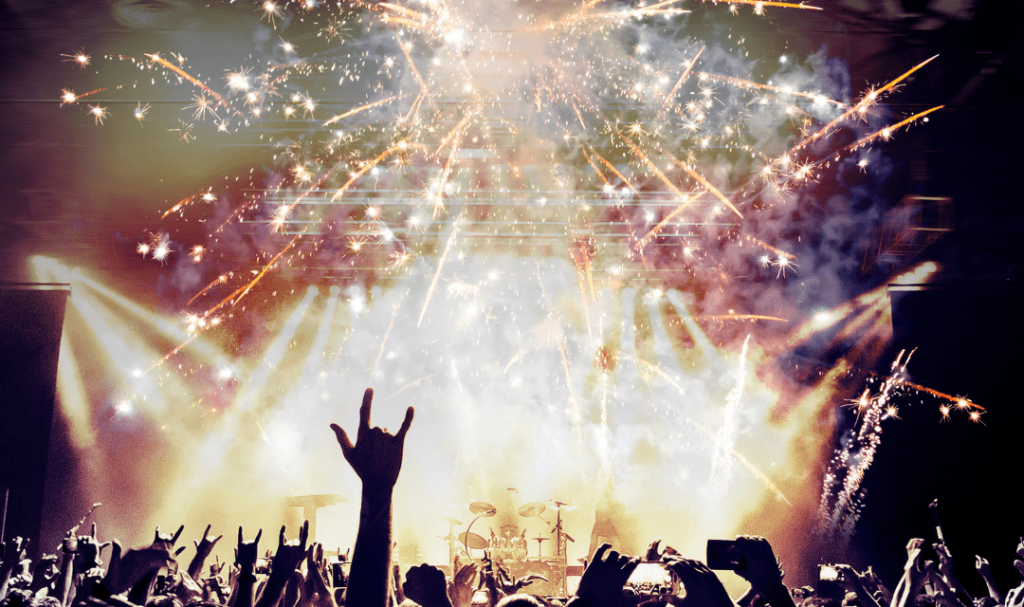Creating a memorable live music experience requires far more than simply booking artists and selling tickets. Successful live music event planning involves meticulous attention to countless details—from acoustics and lighting to audience flow and artist hospitality. Whether you’re organizing an intimate venue showcase, a corporate event with musical elements, or a full-scale festival, understanding the fundamental components of effective event execution can transform a standard concert into an extraordinary experience that resonates with attendees long after the final note fades.
Conceptualizing Your Live Music Event
Every successful music event begins with a clear vision and purpose.
Defining Your Event Identity
Before diving into logistics, establish your event’s core identity:
- Target audience demographics and preferences
- Musical genre focus or cross-genre approach
- Overall atmosphere and experience goals
- Unique selling points differentiating your event
- Budget parameters and scale expectations
These foundational elements will guide subsequent decisions, ensuring all components align with your central vision rather than competing with it.
Timeline Development
Successful events require realistic planning horizons:
- 9-12 months for major festivals or complex productions
- 4-6 months for mid-sized venue events
- 2-3 months minimum for smaller shows
- Key milestone deadlines for permits, contracts, and marketing phases
- Buffer periods for inevitable complications
Establishing this framework prevents the rushed decisions that often compromise event quality.
Venue Selection and Technical Requirements
The physical space fundamentally shapes the entire event experience.
Venue Considerations Beyond Capacity
Look beyond simple capacity numbers when evaluating potential venues:
- Acoustic properties suitable for your musical genre
- Load-in accessibility for equipment
- Power capacity for technical requirements
- Existing sound and lighting infrastructure
- Audience sight lines and viewing quality
- Weather contingency options (for outdoor events)
The perfect venue balances audience experience with technical practicality and budget considerations.

Sound Engineering Essentials
Quality sound represents the heart of any music event:
- Appropriate PA system sizing for the space
- Strategic speaker placement for even coverage
- Acoustic treatment for problematic venues
- Qualified sound engineers familiar with the genre
- Sufficient monitoring systems for performers
- Sound check scheduling that respects artist needs
Investing appropriately in sound quality pays dividends in audience satisfaction and artist performance quality.
Artist Relations and Performance Management
How you manage performers significantly impacts both the artistic quality and operational smoothness of your event.
Artist Booking Strategies
Approach artist selection with both artistic and practical considerations:
- Programming complementary acts that make musical sense together
- Clear communication about technical requirements
- Detailed contracts specifying responsibilities and expectations
- Appropriate compensation structures for your event type
- Strategic scheduling that considers energy flow
Maintaining professional, transparent relationships with artists and their representatives builds your reputation for future events.
Day-of-Show Artist Management
Creating optimal performance conditions involves attention to detail:
- Dedicated artist liaison personnel
- Comfortable green room environments
- Clear communication about schedules and expectations
- Efficient stage changeover planning
- Appropriate hospitality based on contract requirements
These elements allow performers to focus entirely on delivering their best possible performance.

Marketing and Audience Experience
Attracting and satisfying attendees requires both pre-event promotion and on-site experience management.
Promotional Timeline and Channels
Effective marketing employs strategic timing and channel selection:
- Teaser campaigns building anticipation
- Strategic announcement timing
- Targeted social media approaches for specific demographics
- Collaborative promotion with artists and venues
- Visual identity consistency across platforms
These efforts should build a cohesive narrative around your event that resonates with your target audience.
Enhancing Attendee Experience
Consider the complete audience journey:
- Intuitive wayfinding and signage
- Accessible amenities including restrooms and refreshments
- Comfortable viewing areas with consideration for different preferences
- Sound quality throughout the venue, not just in premium positions
- Staff trained to enhance rather than obstruct enjoyment
These elements collectively determine whether attendees leave with positive memories they’re eager to share.
Logistics and Risk Management
Behind-the-scenes operational excellence ensures events run smoothly despite inevitable challenges.
Comprehensive Contingency Planning
Prepare for various scenarios:
- Weather alternatives for outdoor components
- Technical backup systems for critical equipment
- Staff redundancy for key roles
- Communication protocols for emergencies
- Flexible scheduling allowing for unexpected delays
These preparations prevent minor issues from escalating into event-defining problems.
Compliance and Safety Considerations
Navigate regulatory requirements proactively:
- Permits and licenses secured well in advance
- Insurance coverage appropriate to your specific activities
- Noise regulation compliance strategies
- Capacity management systems
- Emergency response protocols and staff training
Addressing these elements early prevents last-minute complications that can derail even the most carefully planned events.
Conclusion
Successful live music event planning requires balancing artistic vision with logistical precision. By methodically addressing each component—from initial concept through technical execution to audience experience—you create the conditions where musical magic can happen naturally. Remember that the most memorable events result from meticulous behind-the-scenes preparation that becomes invisible to attendees, allowing them to fully immerse themselves in the performance without distraction.
Whether you’re planning your first small venue show or your fiftieth festival, approaching the process with both creativity and organizational discipline will help you consistently deliver experiences that resonate with both artists and audiences.

